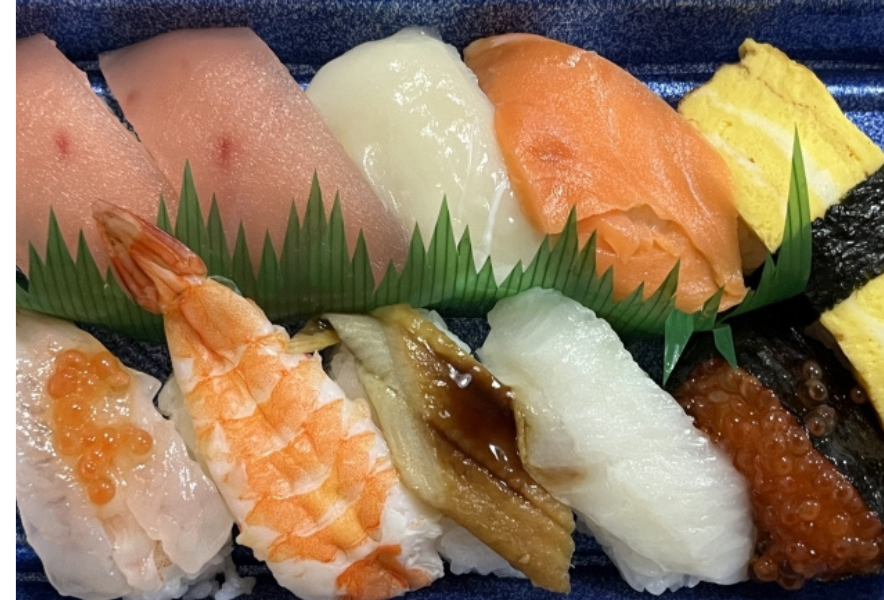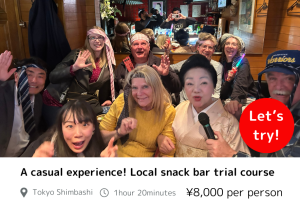Sushi is no longer limited to high-end restaurants or traditional sushi bars. Today, it’s one of Japan’s most iconic and widely enjoyed foods, available even in casual settings like Izakaya (Japanese pubs). Whether you’re dining out with colleagues or grabbing a quick bite with friends, knowing a few authentic sushi terms can enhance your experience and show that you’re more than just a casual fan.
Here’s a guide to some insider vocabulary that will help you sound like a true sushi connoisseur—without needing to step into a fancy Sushi restaurant.
Contents
Murasaki (むらさき) – The Secret Word for Soy Sauce
In the world of Sushi, even soy sauce has its own special name. Instead of simply saying “soy sauce,” Sushi insiders often refer to it as murasaki, which means “purple” in Japanese. This poetic nickname comes from the deep, dark hue of the sauce, resembling traditional shades of purple in Japanese dyes.
Using murasaki instead of “soy sauce” might seem like a small detail, but in a sushi or izakaya setting, it signals cultural awareness. If you say “Could I have a bit more murasaki?” rather than just “soy sauce, please,” it tells your host or server that you’ve taken the time to learn authentic terminology. It’s subtle, refined, and just the kind of touch that makes you stand out as a sushi-savvy guest.
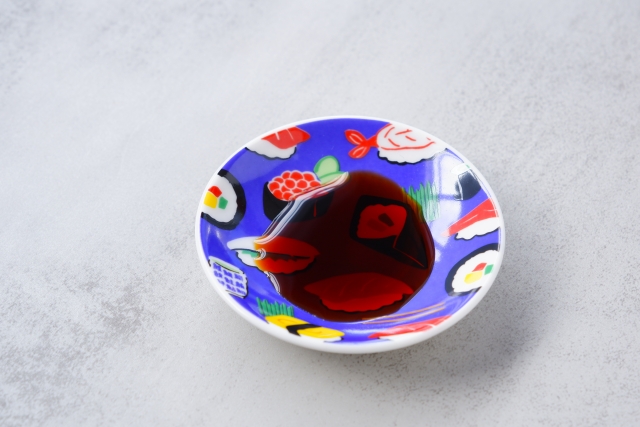
Agari (あがり) – The Final Cup of Tea
Agari is the term used by sushi chefs and staff to refer to the green tea traditionally served at the end of a sushi meal. You won’t see it labeled as “green tea” on a real Sushi menu, but if you say “Can I get an agari?”—even at a casual place—it will likely earn you a knowing nod.
It’s a subtle piece of Sushi shop etiquette. Plus, it’s a nice way to wrap up your meal in an authentic style. Don’t be surprised if your server smiles in recognition of your insider lingo.
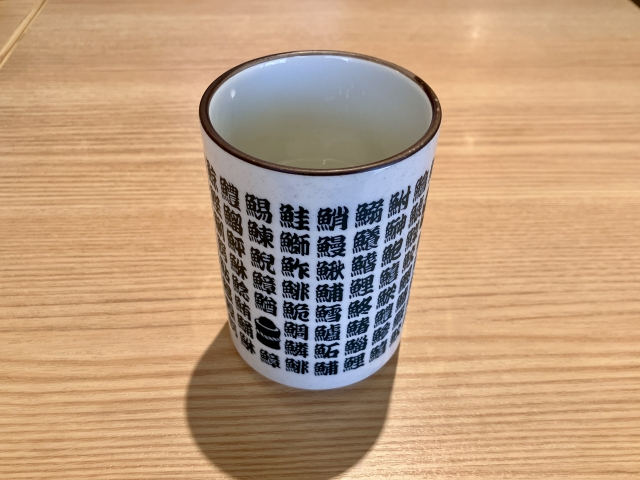
Shari (シャリ) – The Soul of Sushi Rice
While most foreigners refer to the rice in Sushi as just “rice”, true Sushi enthusiasts know it’s called shari. This isn’t just any rice—it’s seasoned with vinegar, sugar, and salt in a specific way. In Sushi culture, shari is considered just as important as the topping.
Mentioning shari when commenting on sushi shows deep appreciation for the craft. For instance, “The shari in this nigiri is perfectly balanced” might surprise even the chef. It reflects not only knowledge, but respect for the tradition.
Conclusion: Blend In Like a Local Sushi Pro
Mastering just a few of these terms—murasaki, agari, and shari—can dramatically change how others perceive your sushi experience. Even in casual settings, these words show curiosity, cultural respect, and a desire to engage more deeply with Japan’s culinary traditions. You don’t have to be a Sushi chef or a foodie expert—just someone who appreciates the little details.
Next time you enjoy sushi, whether at an izakaya or a standing sushi bar, try dropping in one of these terms. You might get a smile, a nod, or even a special recommendation from the chef or server. It’s a simple way to turn an ordinary meal into an authentic cultural moment—one bite, and one word, at a time.
Let’s go to Izakaya and a Japanese Snack-bar with a fun guide!!
You can enjoy many kinds of food at Izakaya and drinking culture Snack Bars, beloved by many but you can’t enter without a guide. You can enjoy communication with the owner and other customers, as well as singing karaoke, allowing for a relaxing time.
Most snack bars have a policy of refusing entry to foreigners. However, with a tour, you’ll have a guide, so you can enter with peace of mind.
When visiting Japan, don’t just check off the tourist spots –
dive into local experiences for an unforgettable journey!
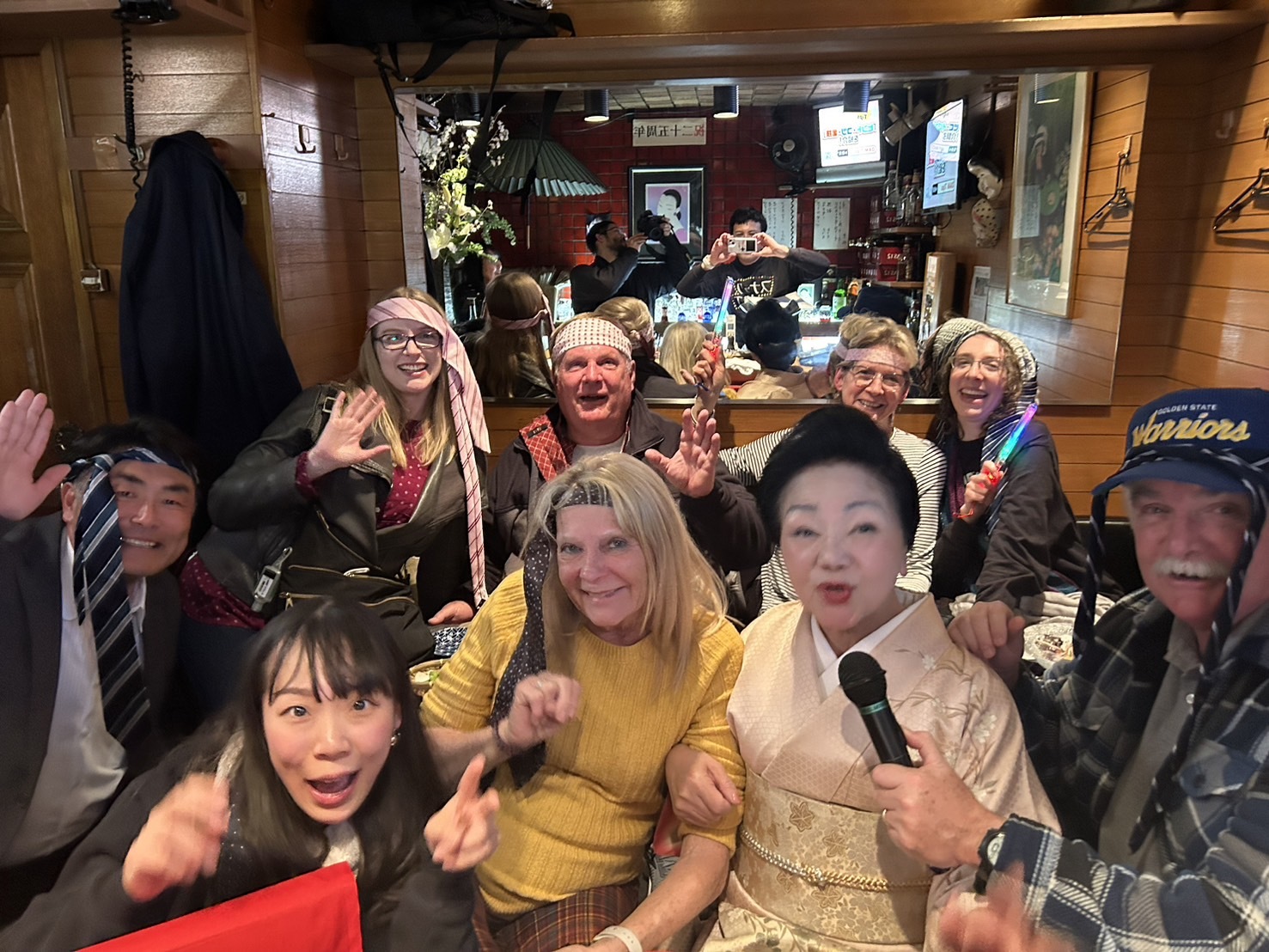
Once you experience it, you’ll be captivated too! The charm of snack bars.

New encounters with people! The camaraderie of singing at a snack bar! Conversations with the mama-san!

